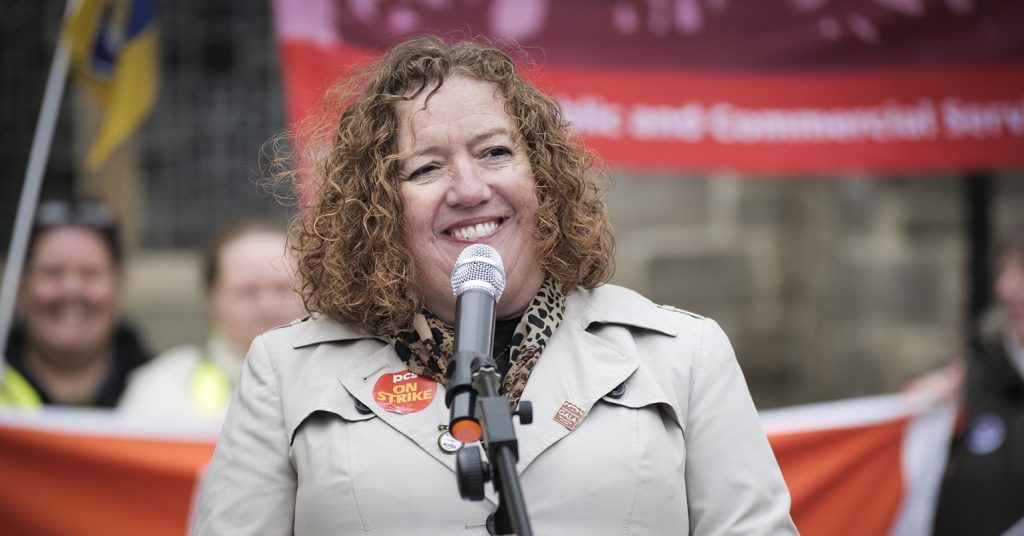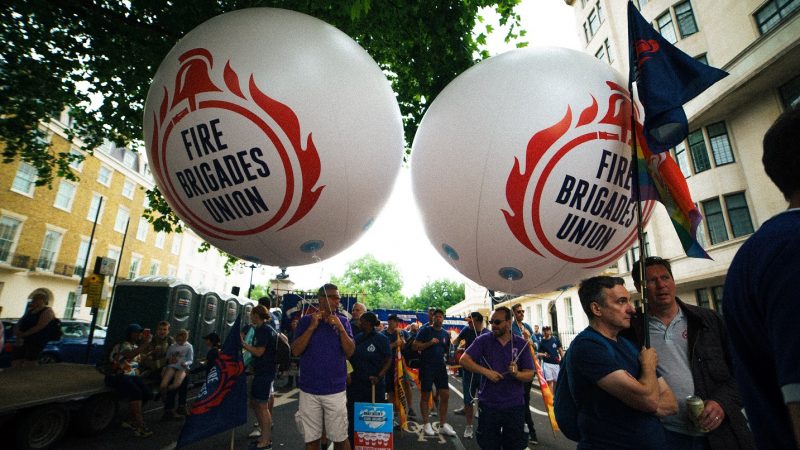The Greens: A movement without the mass
This post is by Benali Hamdache, who is a member of the Policy Committee of the Green Party of England and Wales, and Co-coordinator of the London Greens. He tweets @GreenBenali.
There was a time in the 80’s where the explosion of concern for the environment looked like it was going somewhere in the UK. A growing consciousness about climate change, CFCs and Chernobyl catalysed into the explosion of green NGO’s and indeed popularity of the Green Party. Despite limited resources the Green Party exploded onto the scene in the 1989 European Election netting 2.2 million votes, 15% of the vote and beating the Liberal Democrats into 4th.
It could have been the dawn of the Green Party as a major third force. It was not. Stymied by an electoral system that meant 15% of the vote meant no seats in the European Parliament; the Green Party failed to capitalise. A lack of resources and members on the ground meant that the 1992 General Election was a whimper, clocking an increased 0.2% vote share.
More fundamentally much environmental activism decoupled itself from the Green Party. Seeing it could gain concessions from even Thatcher, whilst the Green Party struggled to gain even limited representation, the environmental movement adopted the apolitical neutral tone of today. It was a move that robbed the Green Party of its mass movement. More troublingly it has left the environmental movement happier to pursue minor concessions from the mainstream, rather than the wholesale change needed to avert environmental catastrophe. It has meant the loudest voices in the environmental movement are unwilling to challenge the capitalist consumerist system that fuels the worst excesses of ecocide.
Yet this innate Green Party opposition to unfettered free markets and uncaring neoliberalism should translate into support from that other mass movement; Trade Unions. The same machine that drives workers’ exploitation, gross inequality and hardship is the same that threatens our planet. The Green Party has been slow to make these links, or to clearly articulate that message. It’s why the Australian Green Party’s outreach to Trade Unions is particularly inspiring. Fuelled by Trade Union support and funding Adam Bandt was reelected commandingly in Melbourne, despite difficult conditions. It’s an effort the Green Party in England and Wales must look to replicate. Embracing Trade Unions offers the Green Party the opportunity for broader support, both with the workers movement and environmentalists frustrated with the lack of progress in dealing with climate change. This can only be achieved if the Green Party can achieve three key points:
1) Challenge the view that the environment can be saved by piecemeal reform, rather than structural change of the economic system
2) Create a blueprint as to how Trade Unions could engage meaningfully with the Green Party
3) Create a compelling narrative on how out of control capitalism attacks the worker and the environment
Perhaps then the Green Party can be a movement with mass.




Mike makes an interesting point. When Simon & I wrote the speech to create the position of Trade Union Liason Officer, we followed the advice of those in the pub the night before to make it as boring as possible. This means don’t mention red-green alliance, don’t mention Ed Miliband, delete promises to prevent bin strikes, delete references to social workers, teachers, and many other workers who could not be at Green Party Conference on a Monday, use no emotive language, show no strong emotion.
An other point that the lady at the PCS stall put which didn’t make it into the speech is that 50% of carbon emissions come from the workplace.
see also PCS briefing papers on
alternative to the cuts
campaign to MEPs on fracking
energy and fuel poverty
PCS aviation review report
and of course “one million climate jobs”
mike novack where is here? i hold the view that you critisise that we need to transform our economic system to achiece ecological responsibility. we can acheive ecological responsibility by for example a war on poor people i recomemend reading susan georges lugano report a ficitional but factualy researched book on what the rich may do the poor to save the eco system. but to the point anyone who doesnt want to win improvements in the world we live in whether ecological. social or relating to equalities i have a hard time dealing with i suspect the people you talk to are not green party leftists but trotskyists
MAYBE things are different where you are. But the view from over here is that Green party movement is dead in the water because of TOO MUCH left involvement, not too little. The concept was a red-green ALLIANCE, say 50-50. But the problem is that the left side (perhaps honestly) believes FIRST win the fight against capitalism and then the environment will magically* fall into place. So yes the “environmentals” aren’t interested since they know better.
* where this idea comes from should be easy to see. IN a capitalist society, everything is done for a capitalist reason, so it is capitalist forces destroying the environment. So it is true that in a non-capitalist society the environment won’t be being destroyed for capitalist reasons. But that is NOT the same as expecting it won’t still be being destroyed (for some NON-capitalist reason).
Have we talked to the AGP for a debrief on how they did outreach to the trade union movement there, and what media/campaign planning they did for Bandt’s re-election?
I agree this is a thought provoking post. I’d make a couple of additional observations. I was a member from 1988 to 1991, but at that time the Green Party was disorganised, lacked focus and imploded in internal debate rather than facing outside the party. There are lessons to be learned from that.
The second point is that a lot of people vote for people, rather than policies. That is why over the years, people have stayed in Labour, despite Clause 4, the Iraq War and the introduction of tuition fees. They see Tony Benn (and others) opposing these policies and feel they can remain part of the movement because they connect with the person.
I agree with the conclusions 1 to 3, but the urgency of Climate Change means that while we are struggling within the current system, should apply a “carbon hierarchy” in our decision making. That means we have to bring in the people Corin identifies because emissions need lowering now, not once we get to the destination of a better economic system.
There is a great Irish phrase, “if I was going to Balbriggan I wouldn’t start from here at all”, which sums up our current situation. It isn’t an easy road we have ahead and it will challenge all of us to keep the Greens united and moving forward politically. We must avoid the mistakes made after 1989.
True, but that’s got to be partly a failure of communication on our part. It’s our job to make them realise.
In fairness, I’d say the general public often don’t realise how their “everyday concerns” are actually connected with the sort of systems we are criticising, around energy, food, quality of life, etc.
I think the problem with the greens is that the come across as a fluffy sort of SWP with quite strong middle class bent. A lot of the activists I have met over the years have been passionate and articulate but come across as preachy and out of touch with everyday concerns.
A very interesting and compelling analysis of our situation. I’d agree almost entirely except that I am worried about restricting our appeal by aligning ourselves too firmly and exclusively to the left. We mustn’t become a fluffy version of the SWP. We have to make sure there’s room in our movement for individuals who are not principally attracted by a fully anti-capitalist agenda. There are hundreds of thousands of voters out there who would agree that the current form of neoliberal capitalism is a mortal threat to our planet, its ecosystems and its people, but who still want an economic system based on (regulated) markets and enterprise, and not a throwback to 1970s statism.
Having said that, I acknowledge it’s purely my own opinion and we need to do the psephology to see if we are indeed capable of attracting ex-Lib Dem and ex-Tory voters, or, if not, whether we should just entirely focus far to the left of Labour. I got the impression from what I read of the recent Australian Green experience that support there was drawn from a diverse range of people, especially including the young and culturally switched on who might not be attracted to “eco-socialism” as such, but I’d like to see an analysis of the facts to see if this intuition is borne out.
Finally, I see great promise in trying to attract union support. In my view, unions could be more important in the coming century than political parties, both in terms of fighting for workers’ rights and as pillars of civil society. The Green Party should rightly be part of an attempt to revitalise and reinvigorate trade unionism.